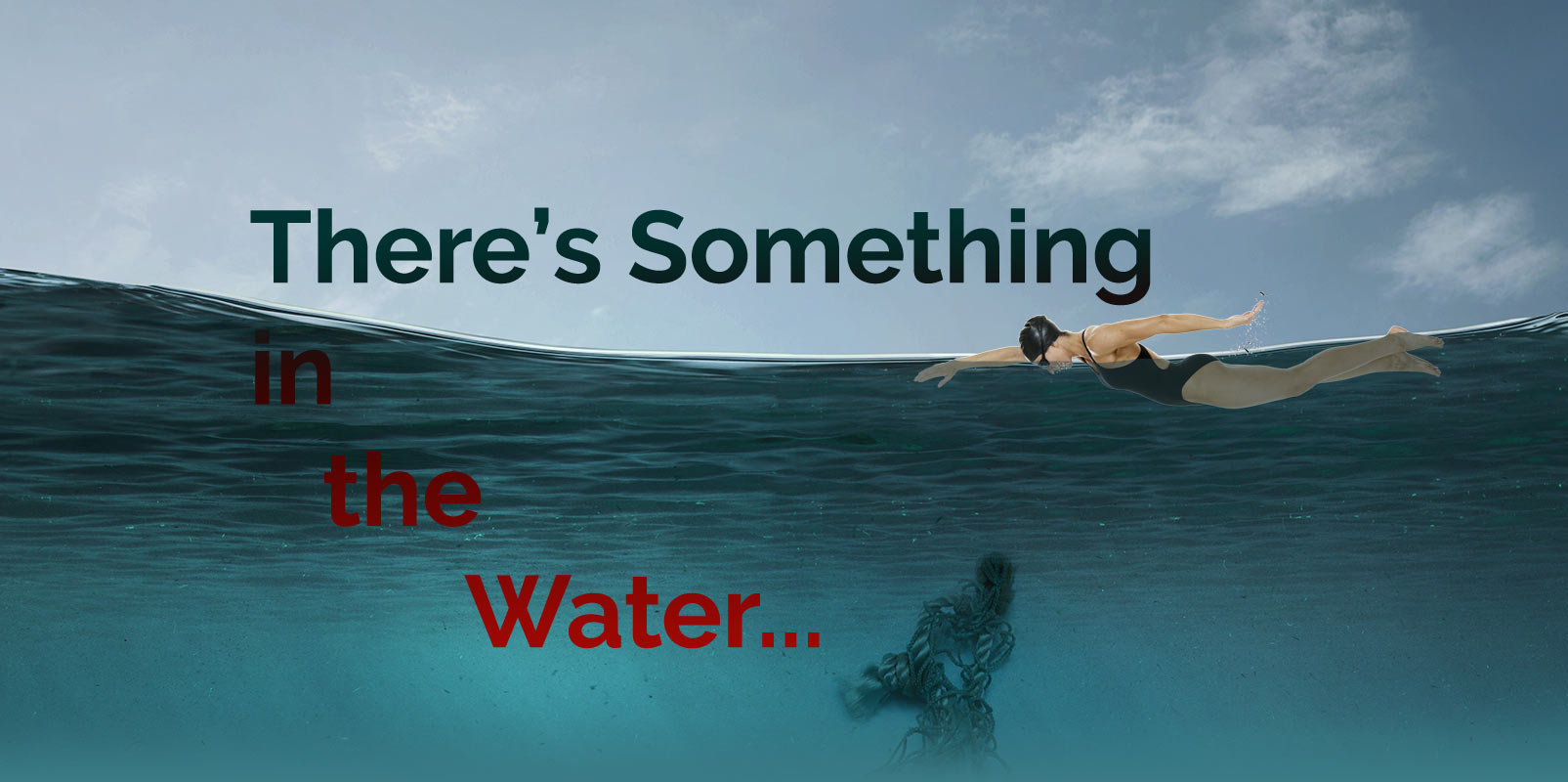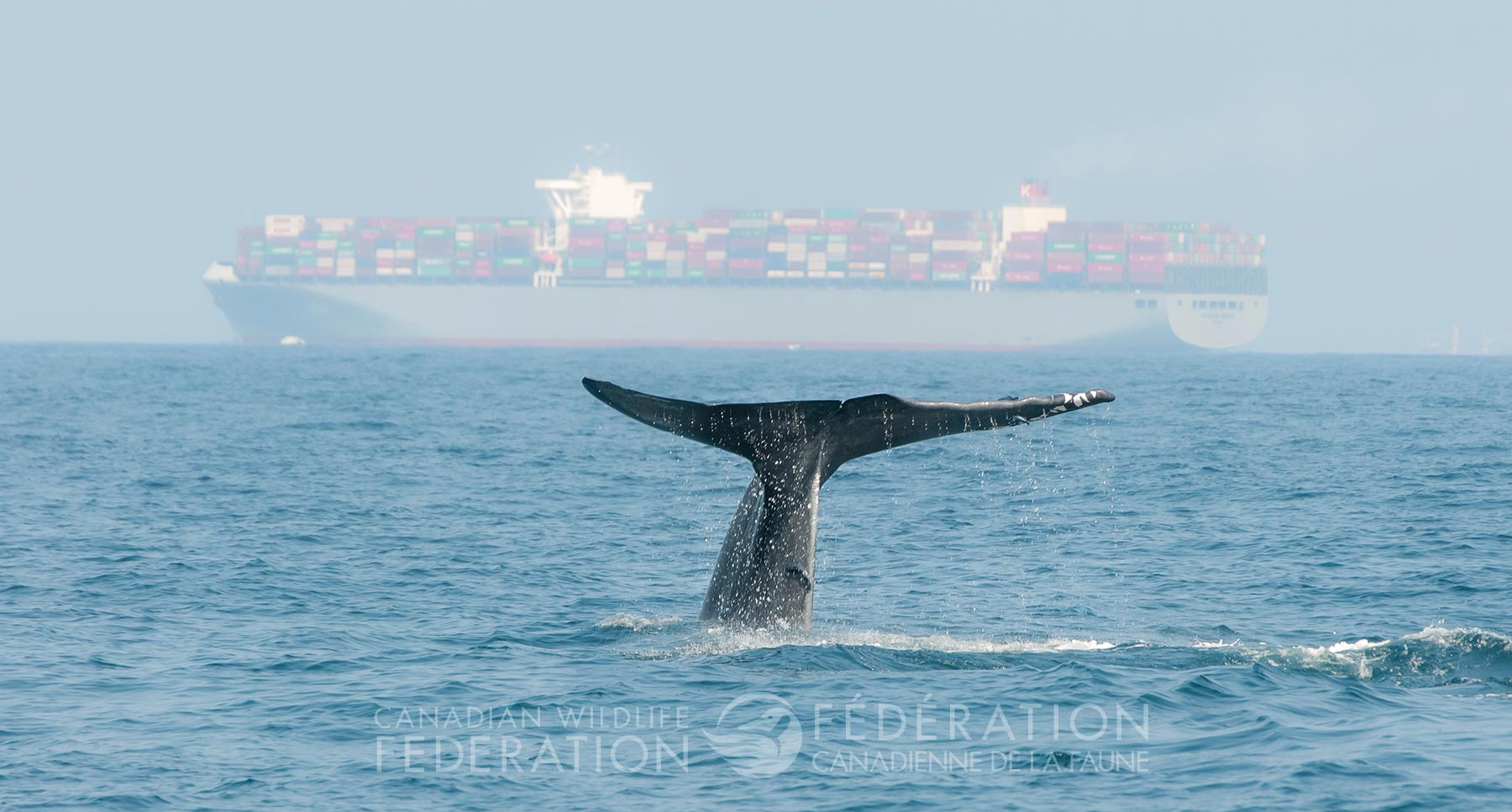Today is Oceans Day, your opportunity to celebrate Canada’s oceans and the life teeming within them.
Declared in 1992 at the UN Earth Summit in Rio de Janeiro, Oceans Day falls on June 8 every year and raises awareness about the importance of Earth’s oceans and the need for all of us to take better care of them.
Furthermore, it’s the first day of Rivers to Oceans Week!
 This Rivers to Oceans Week, we are taking a deep dive into the dangers lurking in the water. And no, we’re not talking about sharks! We’re talking about human activity – something far more dangerous than any large fish could ever be. From habitat destruction to urban runoff, there are a myriad of threats facing our wild species that call our rivers, oceans, lakes and more home.
This Rivers to Oceans Week, we are taking a deep dive into the dangers lurking in the water. And no, we’re not talking about sharks! We’re talking about human activity – something far more dangerous than any large fish could ever be. From habitat destruction to urban runoff, there are a myriad of threats facing our wild species that call our rivers, oceans, lakes and more home.
Over the course of the week, we’ll highlight seven threats on the Rivers to Oceans Week website during those seven days and we’ll encourage you to pledge to do what you can to turn the tide on these very real issues. Because you can help!
Issue #1: Vessel Strikes
Today we are focusing on how vessel strikes impact North Atlantic Right Whales.
North Atlantic Right Whales are not just susceptible to entanglement in fishing gear, they also face threats from vessel strikes which is the second leading cause of death and injury to this endangered species. Right Whales, with their large black bodies and lack of dorsal fin can be hard to see when out on the water, which puts them at risk of being hit by vessels transiting the same areas.
Similar to the fisheries management measures, the government of Canada has also implemented large scale management schemes aimed at reducing vessel speeds and rerouting vessels in the areas where right whales aggregate in Canadian waters.
 The Canadian Wildlife Federation is using a tool they made to figure out how deadly a hit from different types of boats could be for whales. They want to see if these new rules are working to stop boats from hitting whales.
The Canadian Wildlife Federation is using a tool they made to figure out how deadly a hit from different types of boats could be for whales. They want to see if these new rules are working to stop boats from hitting whales.
For example, thus far we’ve learned that both big and small vessels can inflict injury!
Big ships like cruise and cargo ships can hurt and kill whales because of their huge size and how fast they can go. These ships cause the most serious injuries to whales.
Even smaller fishing boats (smaller than 20 metres in length) can also accidentally hit whales, even though they don’t usually go very fast (they usually travel under 10 knots). To help protect whales from getting hurt or killed by fishing boats, the government could make rules to limit how fast they can go.
Will you join our fight to stop vessel strikes? Pledge to protect aquatic species from vessel strikes today.



